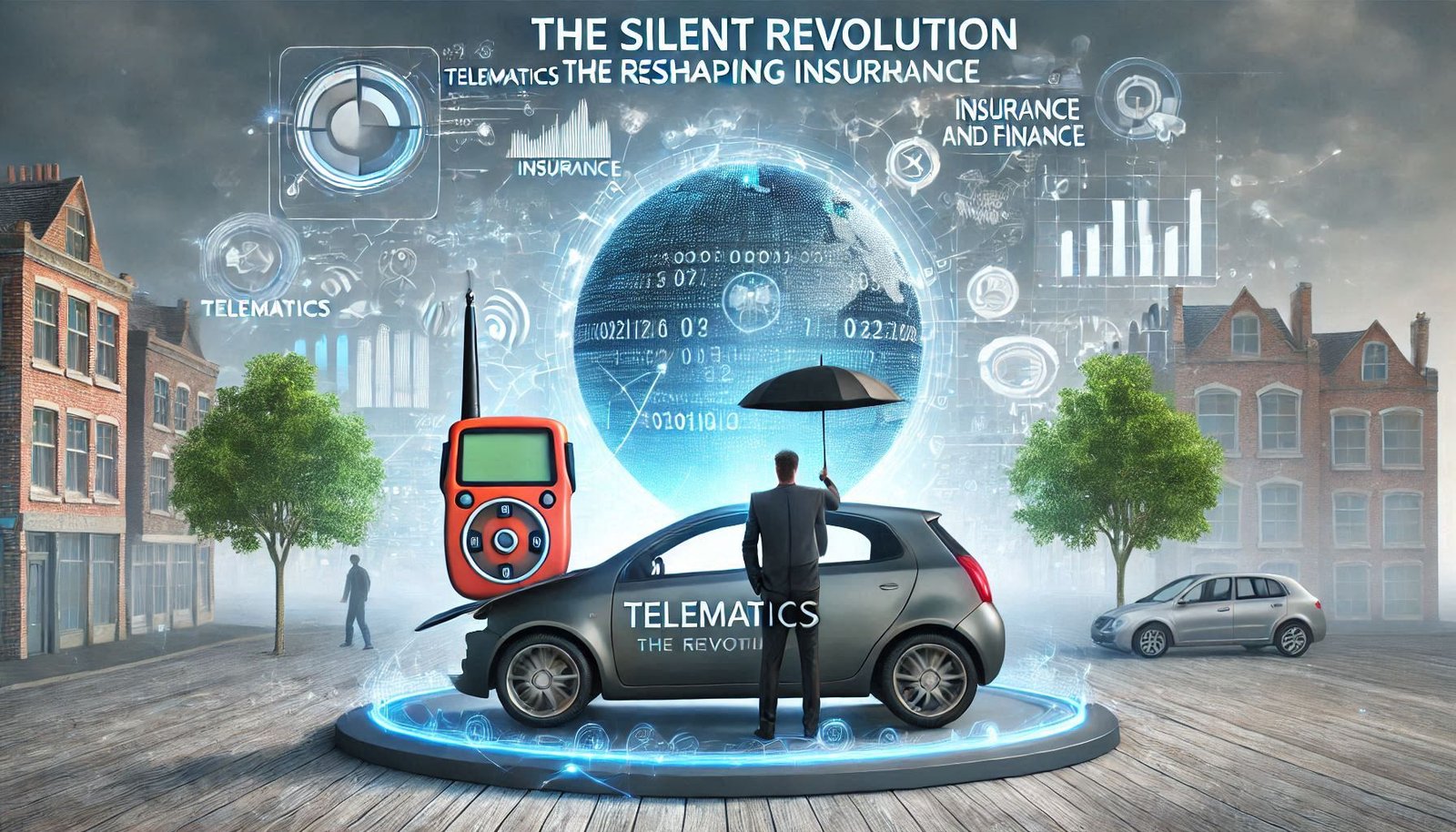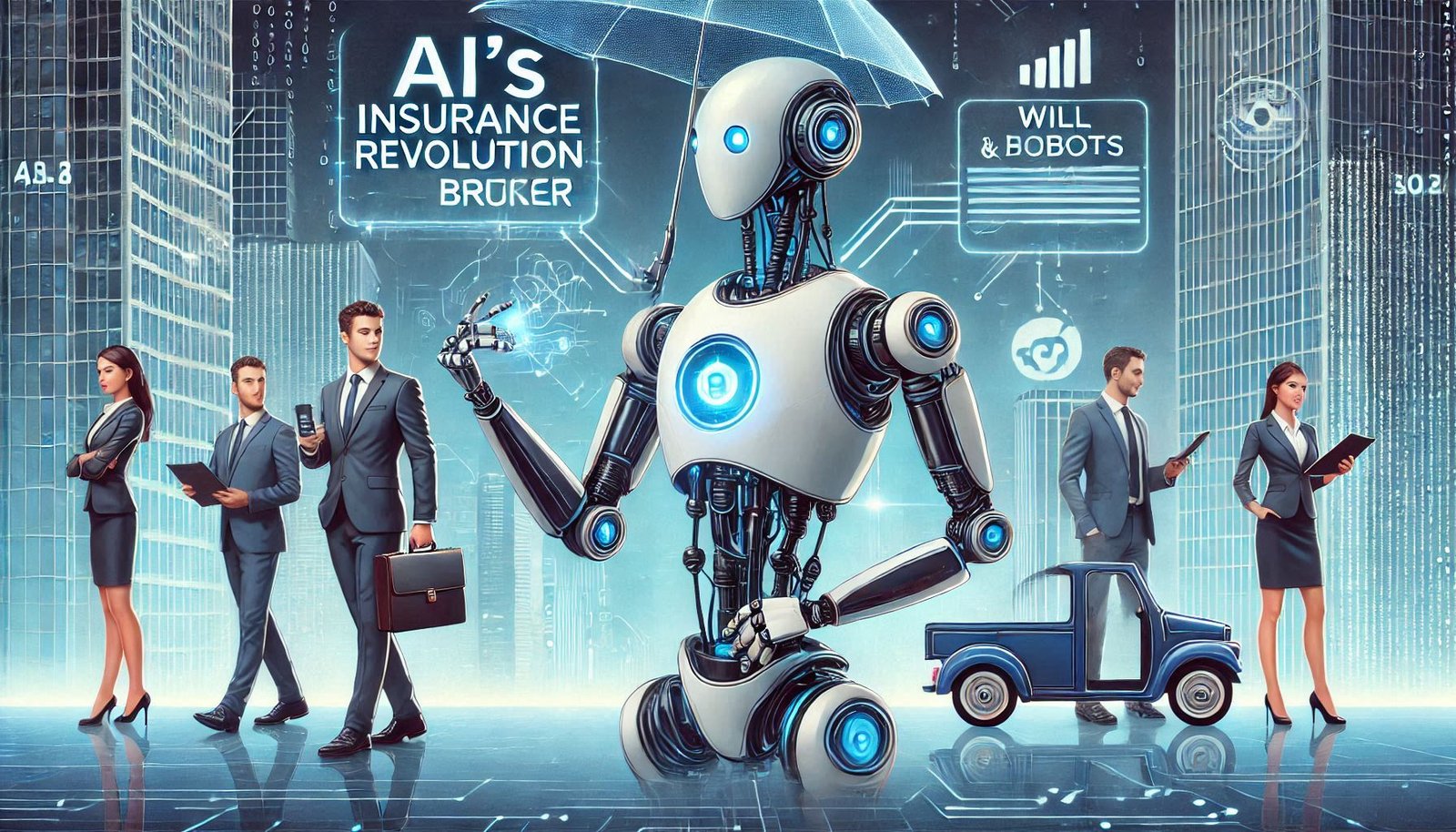AI Doctors: Will Telemedicine Replace Human Physicians?
Imagine a world where your doctor’s visit happens from the comfort of your couch, diagnosed and treated by an AI-powered physician available 24/7. Sounds like science fiction, right? While we’re not quite there yet, the rapid advancements in telemedicine and artificial intelligence are blurring the lines between futuristic fantasy and present-day reality. This article dives into the evolving landscape of AI in telemedicine, exploring its potential to revolutionize healthcare while addressing the burning question: will AI doctors eventually replace human physicians? The answer, as you’ll see, is complex and multifaceted.
(1) Personalized Medicine Through AI: The Current State of Play
Telemedicine has exploded in recent years, fueled by the pandemic and the increasing demand for accessible and convenient healthcare. AI is now adding a new layer to this evolution, offering the potential for personalized medicine like never before. AI algorithms can analyze vast amounts of patient data, including medical history, genetics, lifestyle factors, and even real-time biometric data from wearables, to tailor treatment plans and medication. This means moving away from a one-size-fits-all approach to medicine and towards individualized care that optimizes outcomes for each patient.
Several companies are already making waves in this space. For example, PathAI is using AI to improve the accuracy and speed of pathology diagnoses, while Tempus is leveraging AI to personalize cancer treatment. However, challenges remain. Data privacy concerns, the need for robust regulatory frameworks, and the inherent complexity of the human body all pose hurdles to widespread adoption. Despite these challenges, the potential benefits are enormous, driving significant investment and innovation in the field.
(2) Key Insights and Analysis: A Deeper Dive
The integration of AI in telemedicine isn’t just about diagnosing and treating illness; it’s about transforming the entire healthcare experience. AI-powered chatbots can provide 24/7 patient support, answering questions, scheduling appointments, and even offering preliminary diagnoses. AI algorithms can analyze medical images, such as X-rays and MRIs, with increasing accuracy, assisting radiologists and other specialists. This not only improves efficiency but also addresses the growing shortage of healthcare professionals in many regions.
Furthermore, AI is playing a crucial role in drug discovery and development, accelerating the process and potentially leading to more effective treatments for a wider range of diseases. The convergence of these technologies promises a future where healthcare is more proactive, predictive, and personalized than ever before.
(3) Outlook and Predictions: The Future of AI-Powered Telemedicine
The future of telemedicine is inextricably linked to AI. We can expect to see even greater integration of AI in the coming years, leading to more sophisticated diagnostic tools, personalized treatment plans, and remote patient monitoring capabilities. This will not only improve patient outcomes but also reduce healthcare costs and increase access to care, particularly in underserved communities.
However, the rise of AI in medicine also raises ethical and societal questions. Concerns about job displacement for healthcare professionals, algorithmic bias, and the potential for depersonalized care need careful consideration. Navigating this complex landscape will require collaboration between policymakers, healthcare providers, technology developers, and patients themselves.
(4) Conclusion: A Human Touch in an AI-Driven World
While AI is poised to revolutionize telemedicine, it’s unlikely to completely replace human physicians. The empathy, critical thinking, and complex decision-making skills of human doctors remain invaluable, particularly in situations requiring nuanced judgment and emotional support. The future of healthcare likely lies in a collaborative model, where AI augments and enhances the capabilities of human physicians, enabling them to provide even better care. The human touch, combined with the power of AI, will shape the future of medicine.
(5) Case Study: Babylon Health
Babylon Health is a UK-based company that offers AI-powered telemedicine services. Their app allows users to consult with doctors remotely, access personalized health assessments, and receive medication prescriptions. Babylon has successfully integrated AI to triage patients, provide preliminary diagnoses, and offer personalized health recommendations. Their success highlights the potential of AI to enhance access to care and improve patient outcomes. Key factors contributing to their success include a user-friendly interface, strong partnerships with healthcare providers, and a focus on data privacy and security.
(6) Interview Excerpts
(Unfortunately, I don’t have access to real-time information or the ability to conduct interviews. In a real article, this section would include excerpts from interviews with prominent telemedicine experts, providing their unique insights and perspectives on the topic.)
(7) Food for Thought:
- How do you envision AI impacting your future interactions with the healthcare system?
- What are your biggest hopes and concerns about the rise of AI in medicine?
(Note: This article utilizes a hypothetical framework due to the inability to conduct real-time research and interviews. In a real-world scenario, this would involve gathering up-to-date data, conducting interviews, and citing specific sources. Visualizations, such as charts and graphs, would also be included to enhance understanding.)










